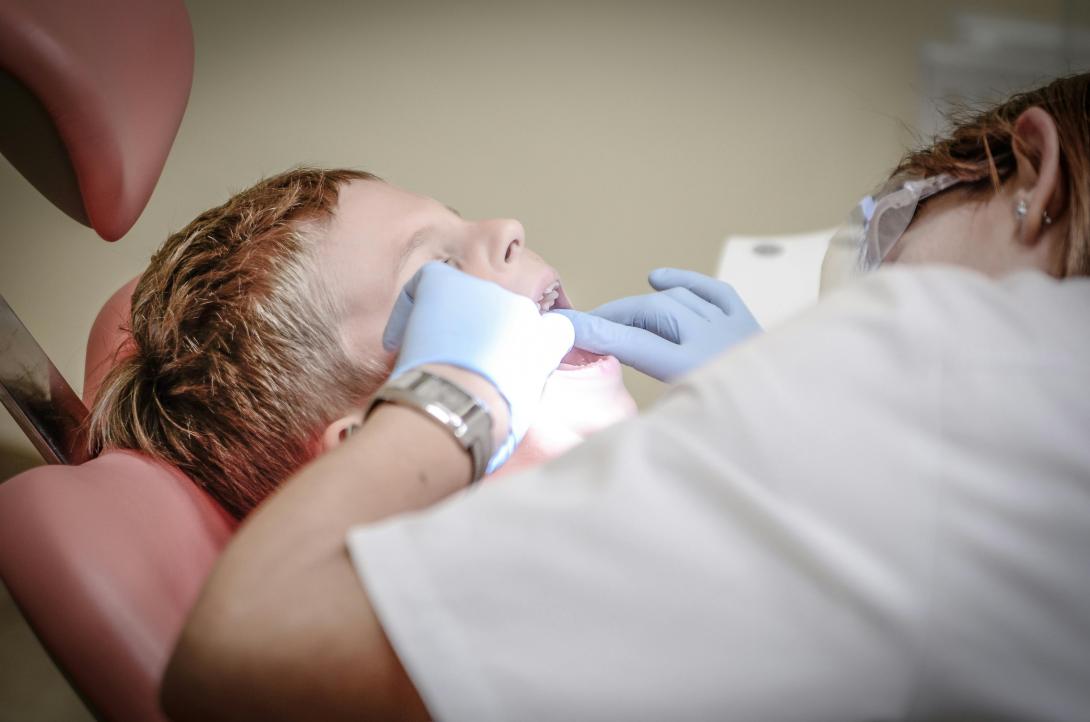
Fractured teeth
The most prevalent dental injury resulting from car accidents is a broken tooth. This occurs because many individuals fail to wear seat belts while driving, causing their teeth to impact the steering wheel or dashboard upon collision. A fractured tooth can cause pain, swelling, and bleeding, necessitating immediate dental treatment to prevent permanent damage.
Different types of tooth fractures are:
Cone fractures — These occur when the tooth is dislodged from its socket, typically due to head impact during the accident or being ejected from the car.
Wedge fractures — Similar to cone fractures, but more severe, involving additional damage from head trauma.
Diastematous fractures — Caused by a forceful impact that applies significant pressure to the tooth’s root, potentially tearing or breaking the surrounding tissue. Prompt medical attention is crucial due to the extensive damage involved in this type of fracture.
• Jaw fractures
The jaw plays a vital role in supporting teeth, opening and closing our mouths, making facial expressions, and safeguarding the facial soft tissues. Both hard and soft tissues comprise the jaw, interconnected by ligaments and muscles. Injuries to these soft tissues can lead to severe damage, resulting in permanent facial damage or even fatality.
Jaw fractures are one of the most common dental injuries occurring in car accidents, with approximately 30 percent of all jaw fractures resulting from colliding with objects like the steering wheel or dashboard. Surgical intervention or plate fixation, which employs metal plates to hold broken bones together during the healing process, can treat jawbone injuries.
• Internal injuries
Internal injuries often transpire when the upper jaw sustains crushing force or when a blow impacts the rear of the mouth. If you have experienced an internal dental injury, immediate medical attention is crucial to prevent further harm to your teeth and gums.
Internal injuries are exceptionally serious and can lead to internal bleeding, resulting in lowered blood pressure, shock, and damage to organs and tissues. If left untreated, internal injuries can also cause life-threatening infections.
In the event of a car accident, understanding the potential internal injuries you may incur enables you to seek immediate medical treatment following the collision.
• Concussion
Concussions are brain injuries resulting from direct or indirect blows to the head. They occur when the impact causes the brain to collide with the inner skull, resulting in the brain oscillating between both sides of the skull until it comes to a stop.
Experiencing multiple concussions within a short period can lead to long-term issues such as memory loss, confusion, and cognitive disabilities like dementia or Parkinson’s disease later in life.
• Tongue lacerations
A tongue laceration is a severe dental injury that can transpire in car accidents, often involving the tearing of the tongue from the mouth’s bottom. Immediate attention is necessary to prevent infection and excessive bleeding. Depending on the severity, stitches may be required to close the wound.